In the spirit of the Flag for Utilitarianism, I hereby propose this be the Flag for Longtermism:

Symbolism
The flag is divided into three bars, representing the progressive stages of technological development. The color scheme is derived from the Flag of the East African Community, which is an homage to humanity's origins in that region.
Green Bar
The first, green bar represents Earth. It is the home of humanity, and its position at the bottom of the flag represents that it is the most foundation piece of humanity's future. However, it also represents the state of nature and its Malthusian nature—hence, it is unadorned and sparse.
Blue Bar
The blue bar, adorned with a rising sun, represents enlightenment. The light of scientific and technological progress drives newfound flourishing and capabilities. However, this stage of technological development is not an unambiguous blessing—the sun is colored red to illustrate the rising dangers this carries with it.
Black Bar
The Blue stands in stark contrast to the final, black band, which marks the precipice between our current stage of technological development and our terminal one.
The black band can have two meanings. On the one hand, the blackness can represent a void—an immense loss of value due to existential catastrophe. Its position atop the flag is meant to symbolize longtermists' awareness of existential risks. However, it can also represent outer space, and humanity's ultimate destiny as creators of an immensely valuable interstellar civilization.
The star—which symbolizes that sort of existentially safe interplanetary civilization—is the only thing that disambiguates the two interpretations. It is positioned at the top and center of the flag so as to make that sort of civilization the lodestar for longtermist efforts—the thing that guides us. It is yellow in honor of the Utilitarian Flag, wherein yellow represents happiness.
Meta: Is There Value in This?
I don't want people to take this too seriously. This was mostly just a fun idea I dreamed up one evening. There is a real risk of harmfully "rallying 'round the flag" and turning this into a partisan shibboleth that promotes ideological loyalty over all. I do not want that.
On the other hand, mature and successful movements usually have symbols. It is reasonable for longtermism to have one, so long as we do not allow their effects to stymie open and honest discourse about longtermism, including criticism thereof.
Resources
I declare a CC0 license on this work. Please use it as you like.
A perma copy of the flag is available at https://perma.cc/M33D-7W4J. It looks black because the image is very large.
Some other files are here. I made this using OmniGraffle, so the raw file is in .graffle format. An SVG file is available here.

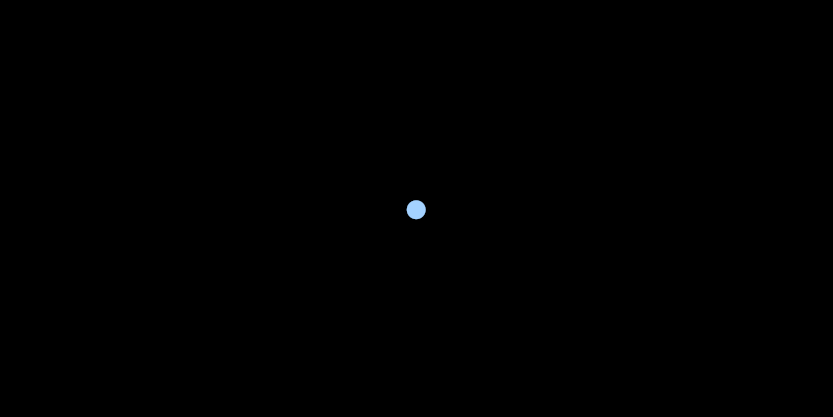


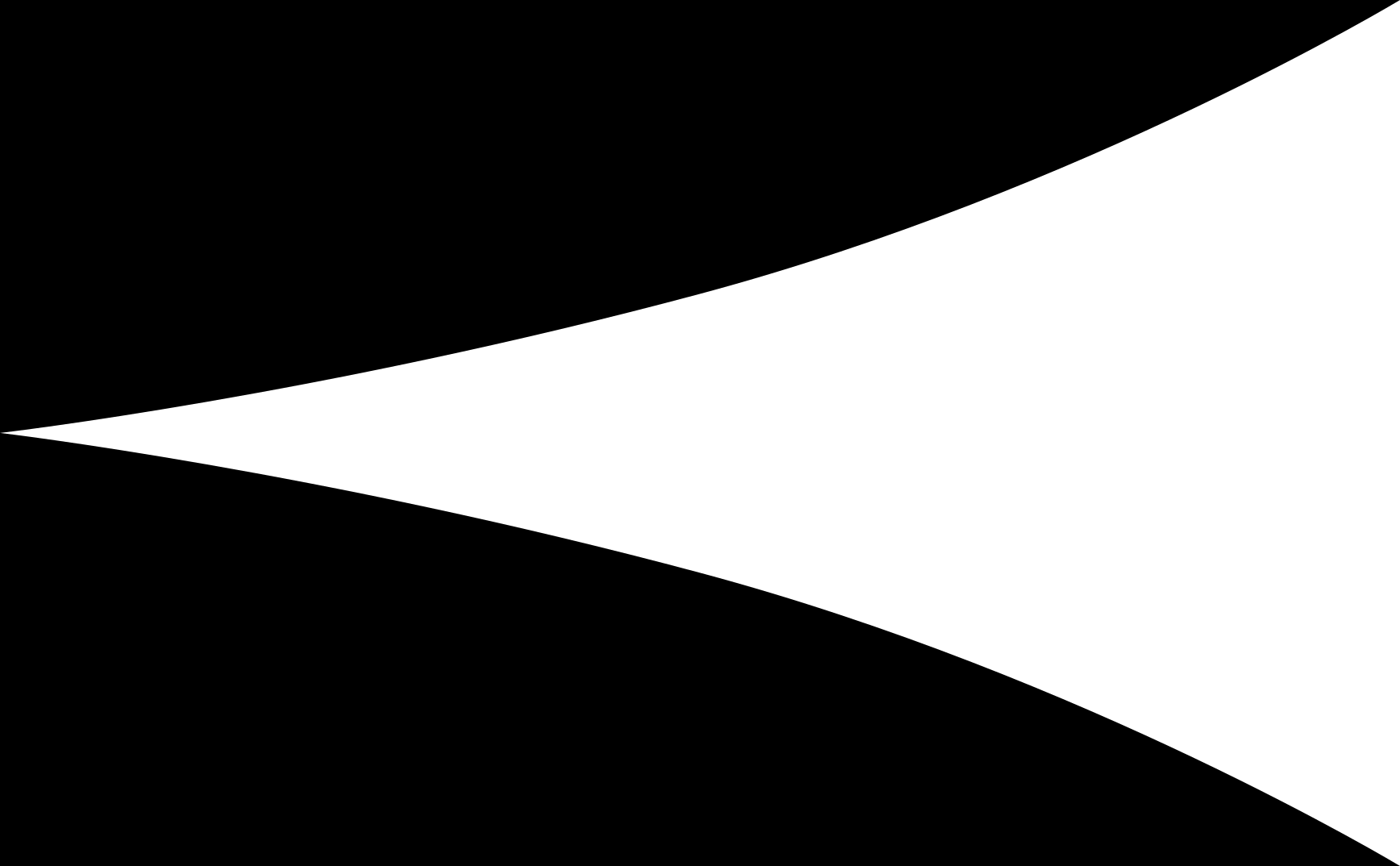
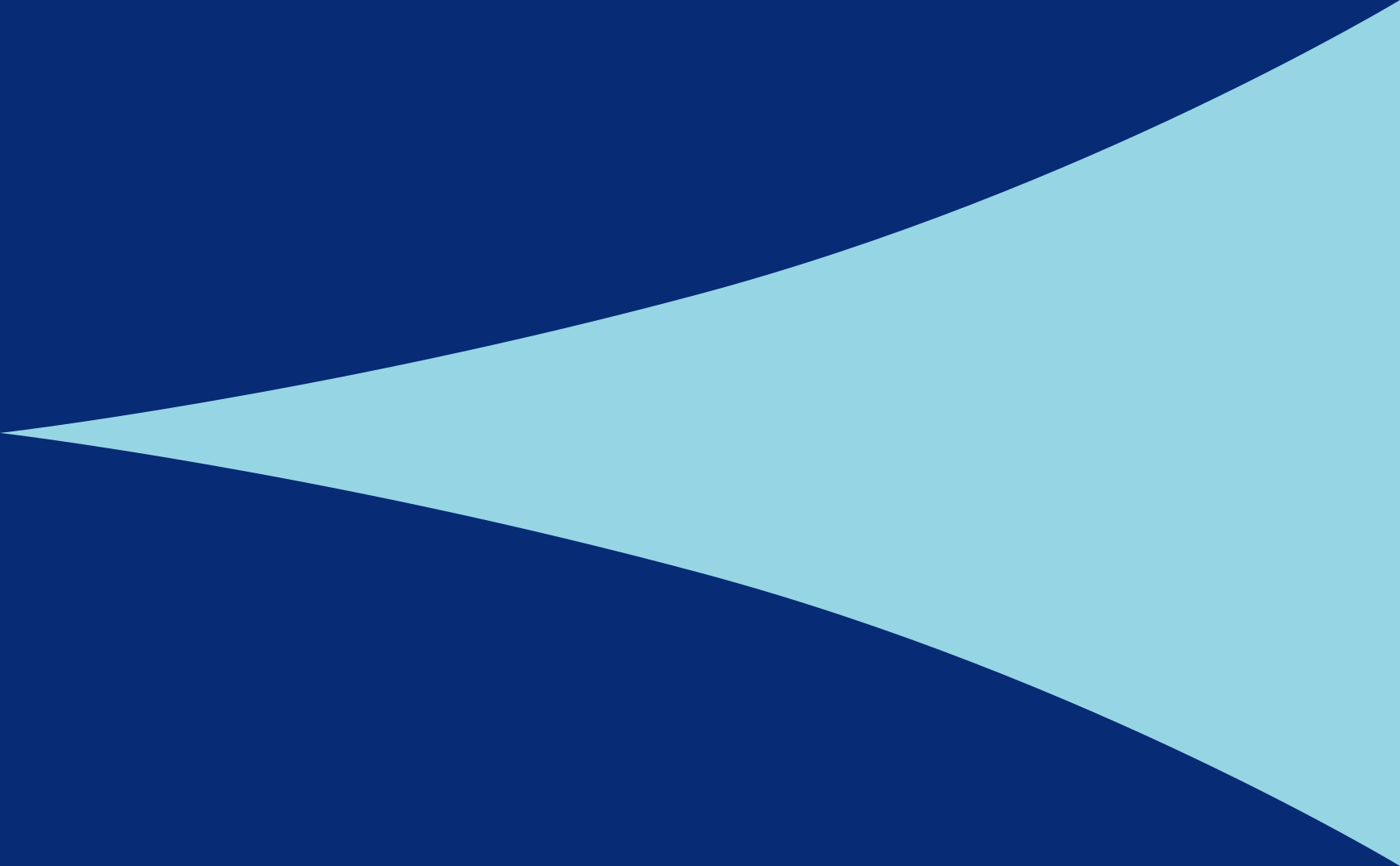
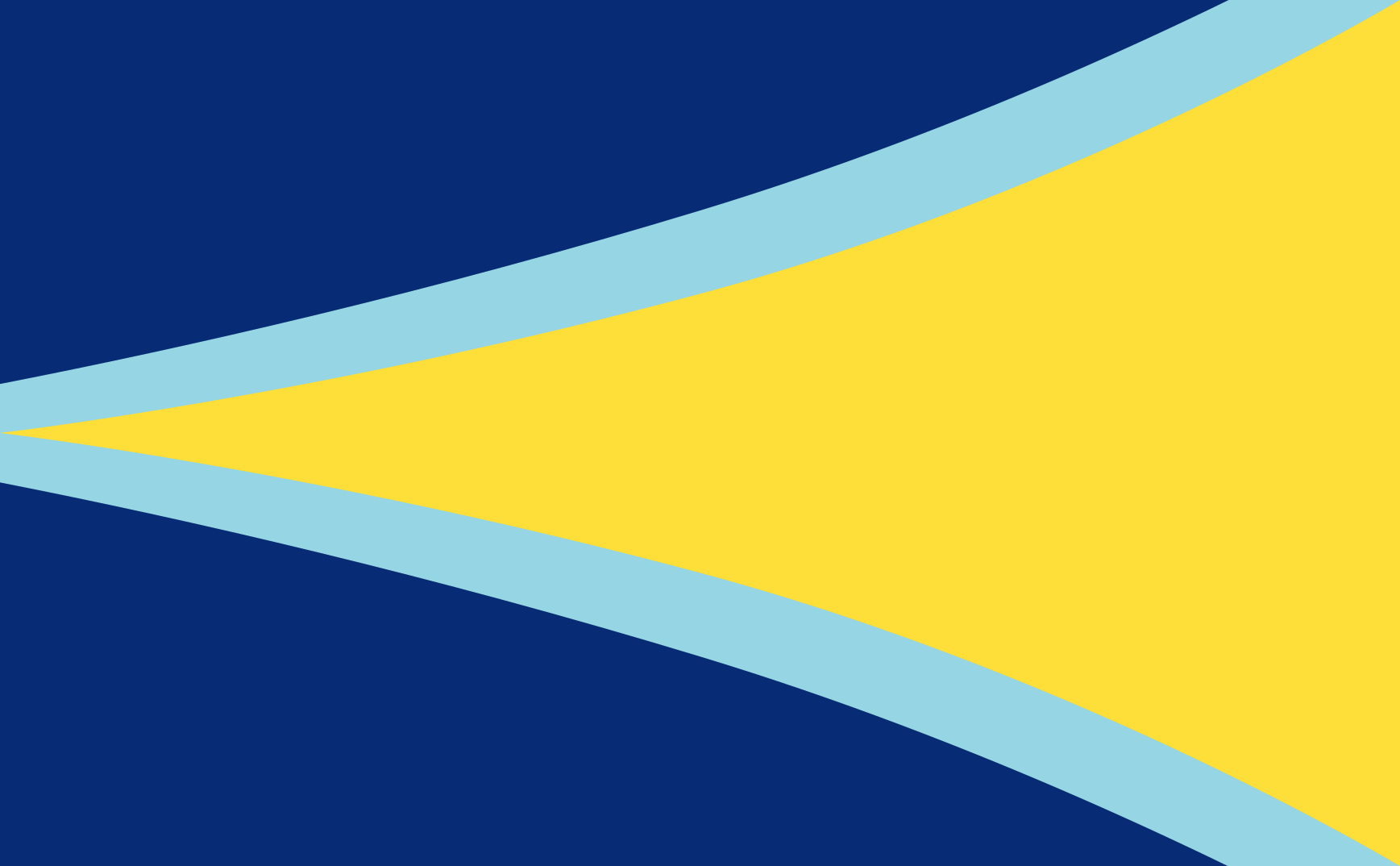

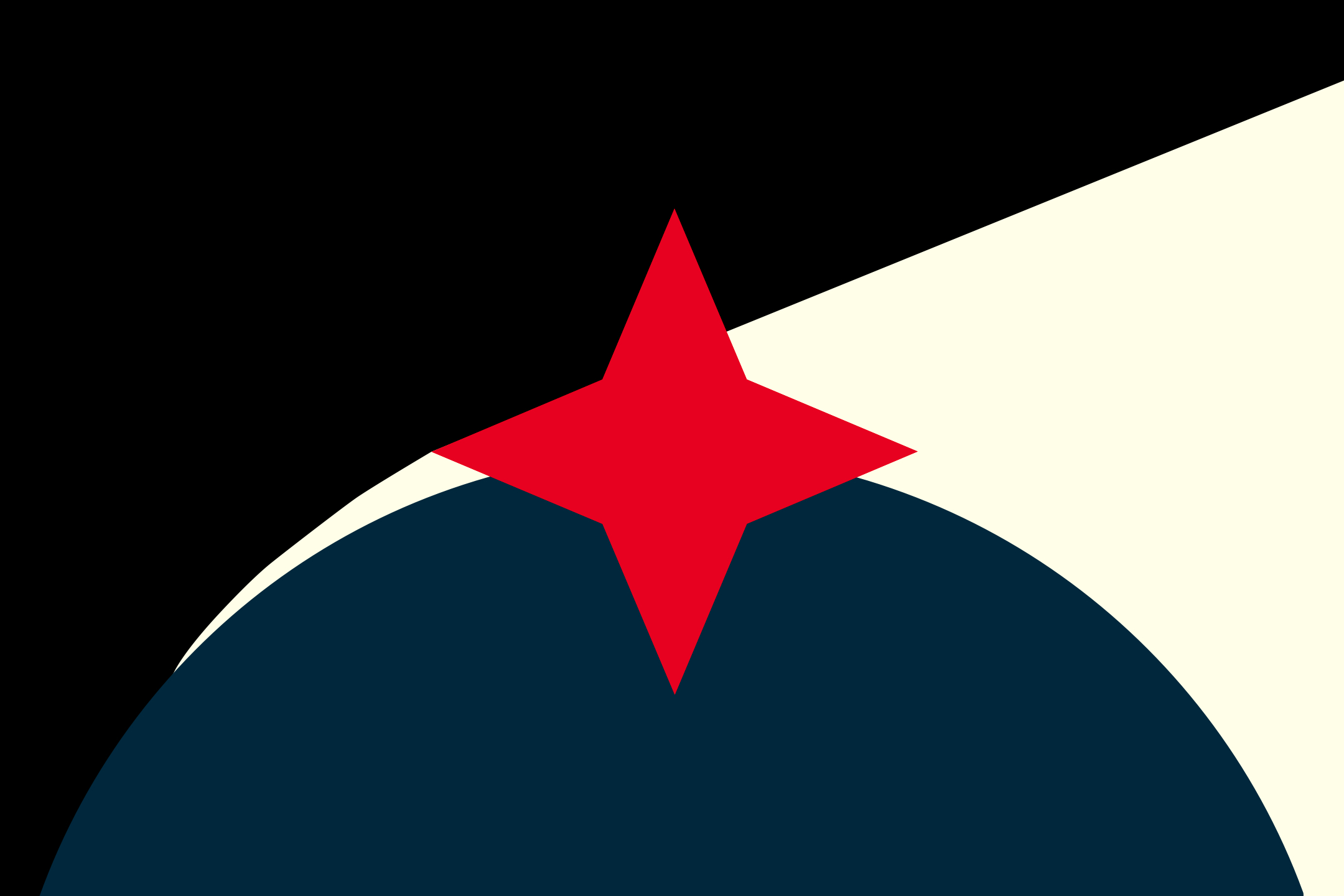
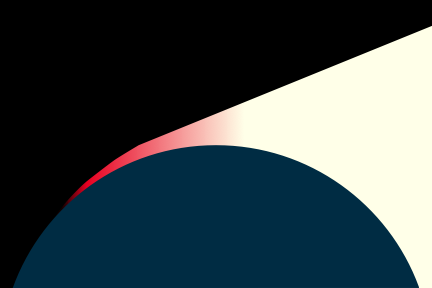

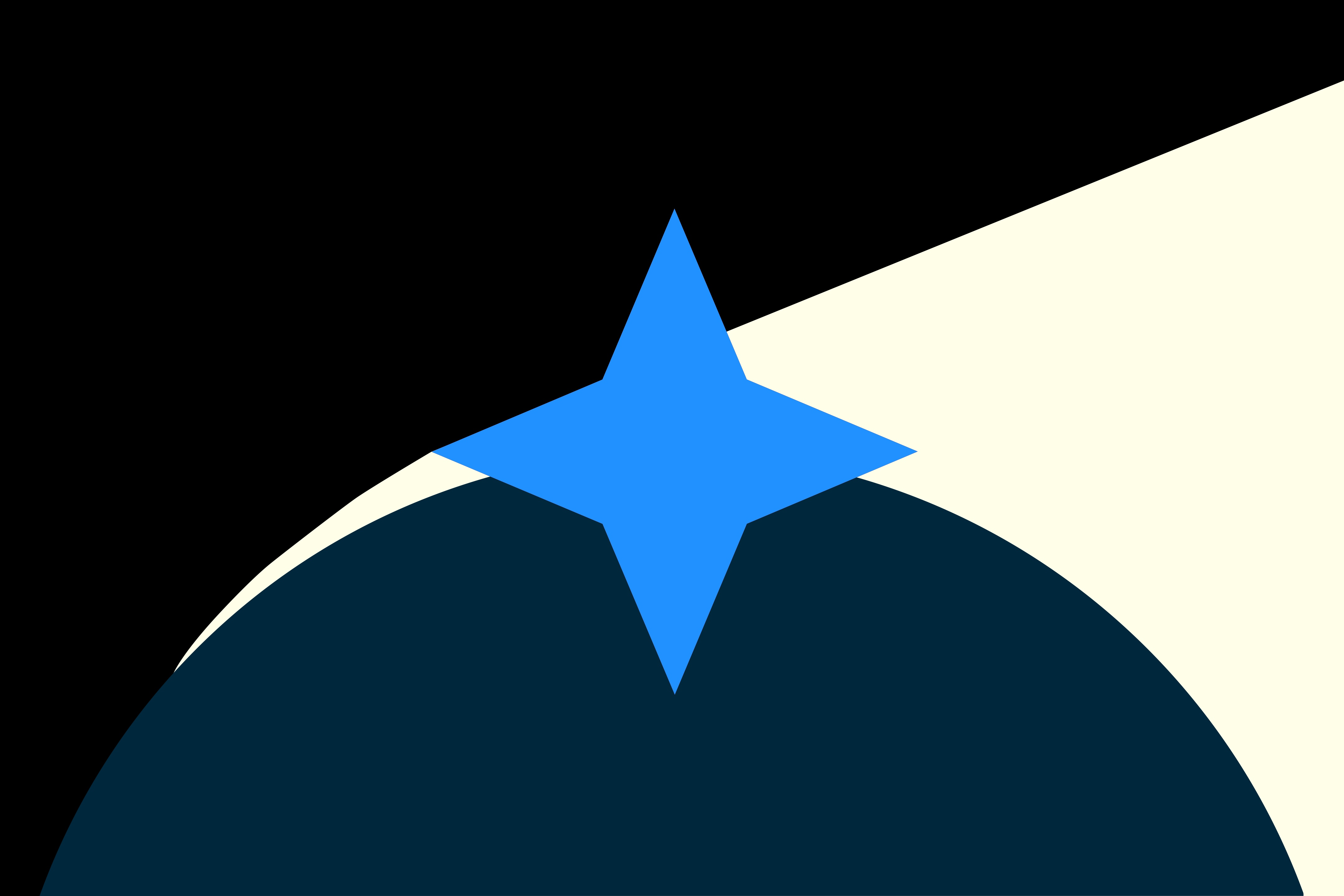
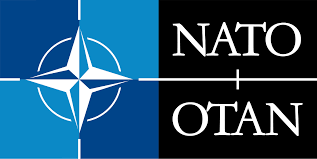
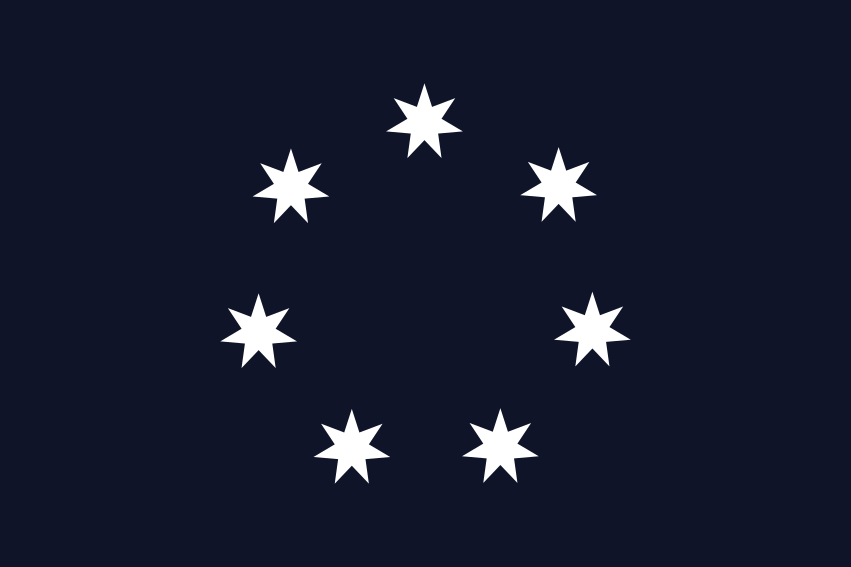
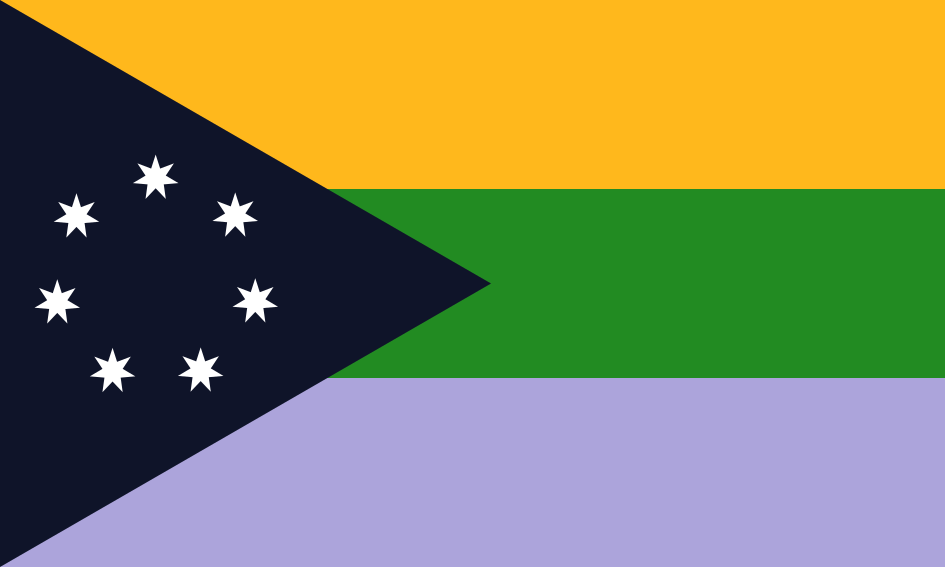
Can we get CGP Grey to consult on this?